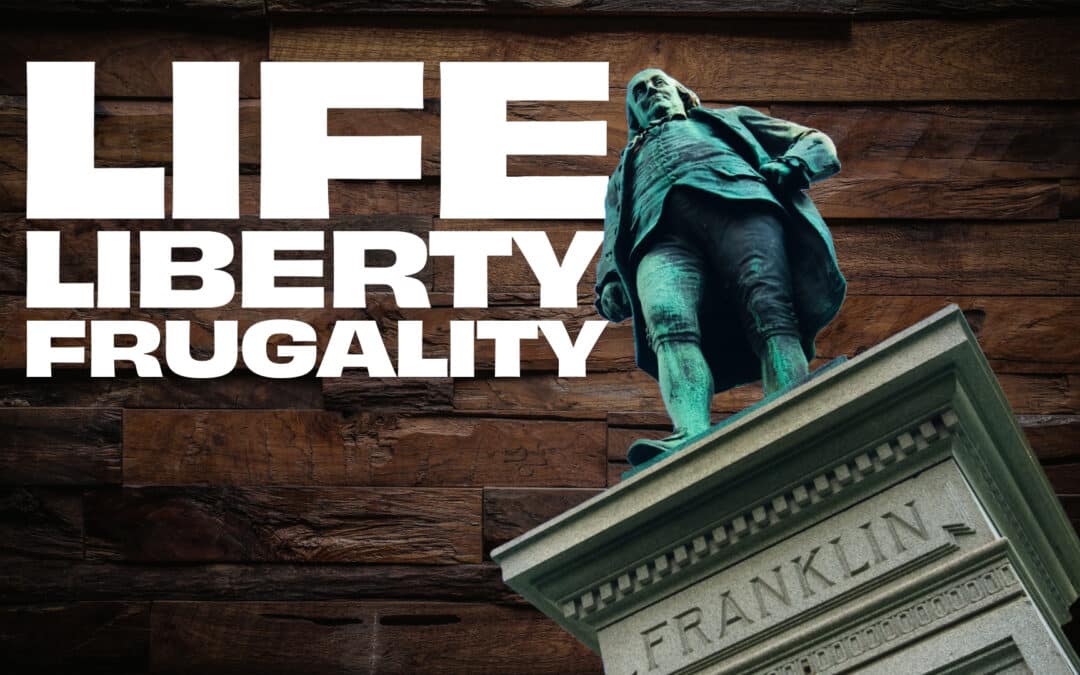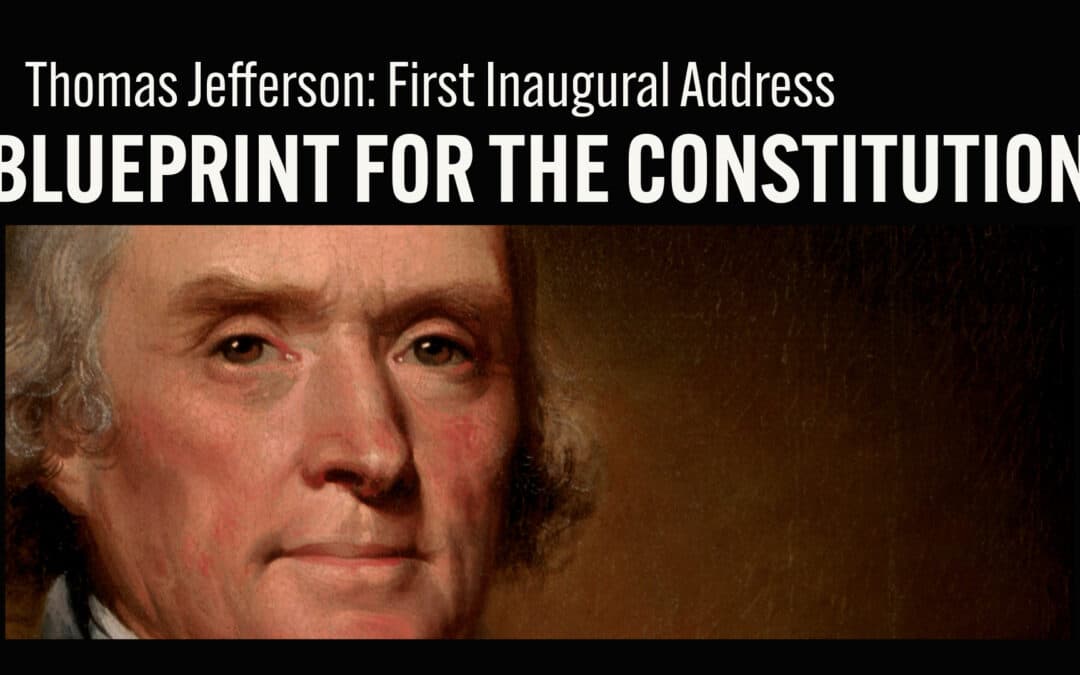
Founding Fathers

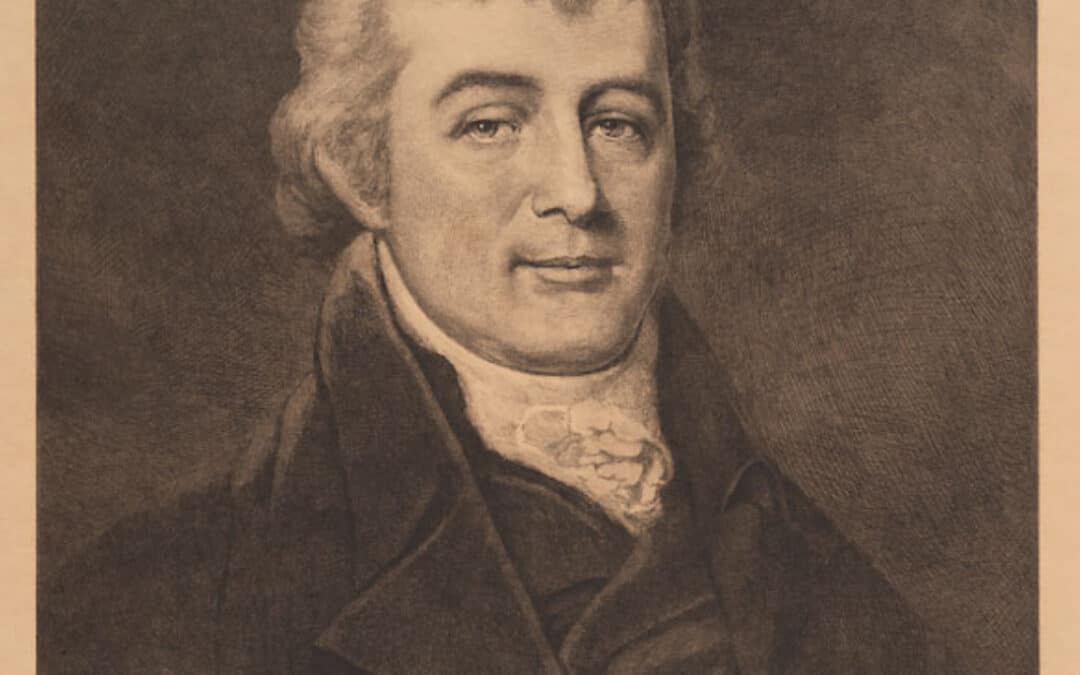
Luther Martin’s Warning: The Constitution as a Threat to State Sovereignty
Luther Martin, a prominent Anti-Federalist, warned that the proposed Constitution would destroy state sovereignty by concentrating power in a centralized national government. One of the few opponents of the constitution to attend as a delegate to the Philadelphia...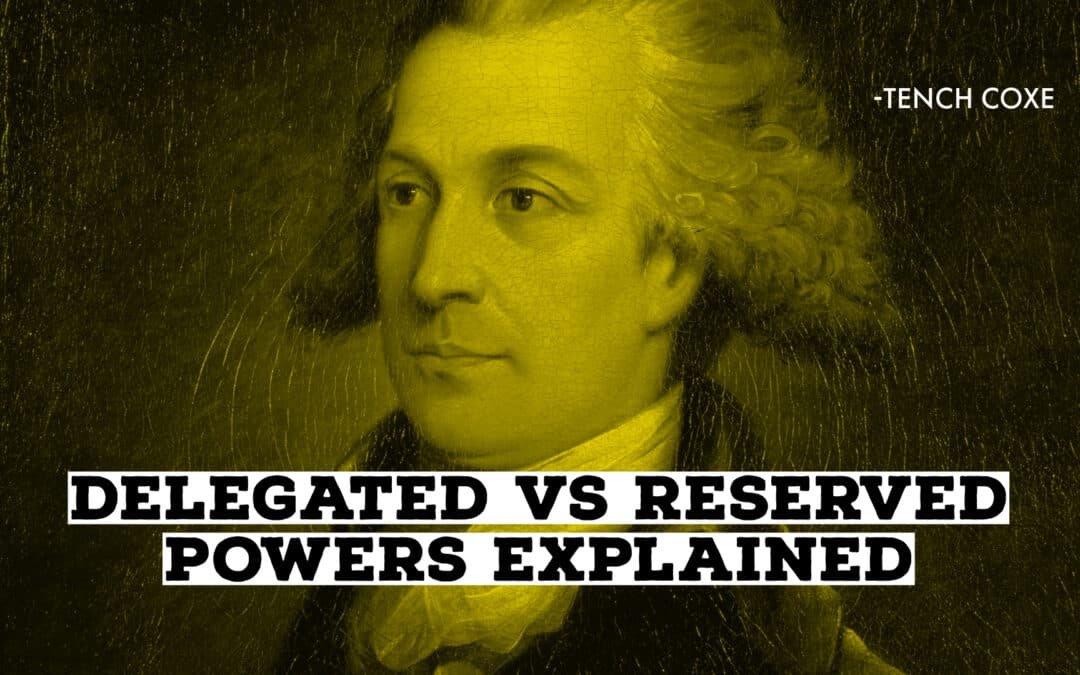
Federalism and the 10th Amendment: Tench Coxe Explains Delegated and Reserved Powers
“Independent of the control or interference of the federal government.” That’s how Tench Coxe described the vast majority of power under the Constitution – reserved to the states and completely off-limits to federal authority. Perhaps better than any...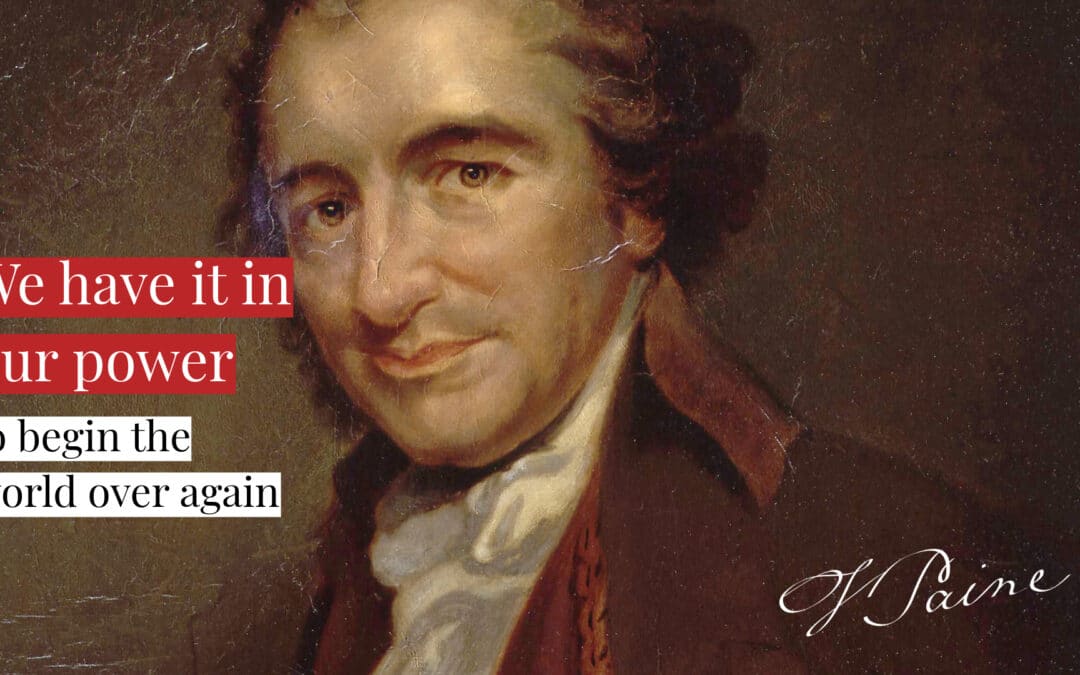
Thomas Paine’s Common Sense: A Timeless Call for Liberty vs Unlimited Power
Government … even in its best state … is still evil. Thomas Paine didn’t pull any punches in Common Sense. First published on January 10, 1776, it remains one of the most important pamphlets in American history. Far more than a rousing call for...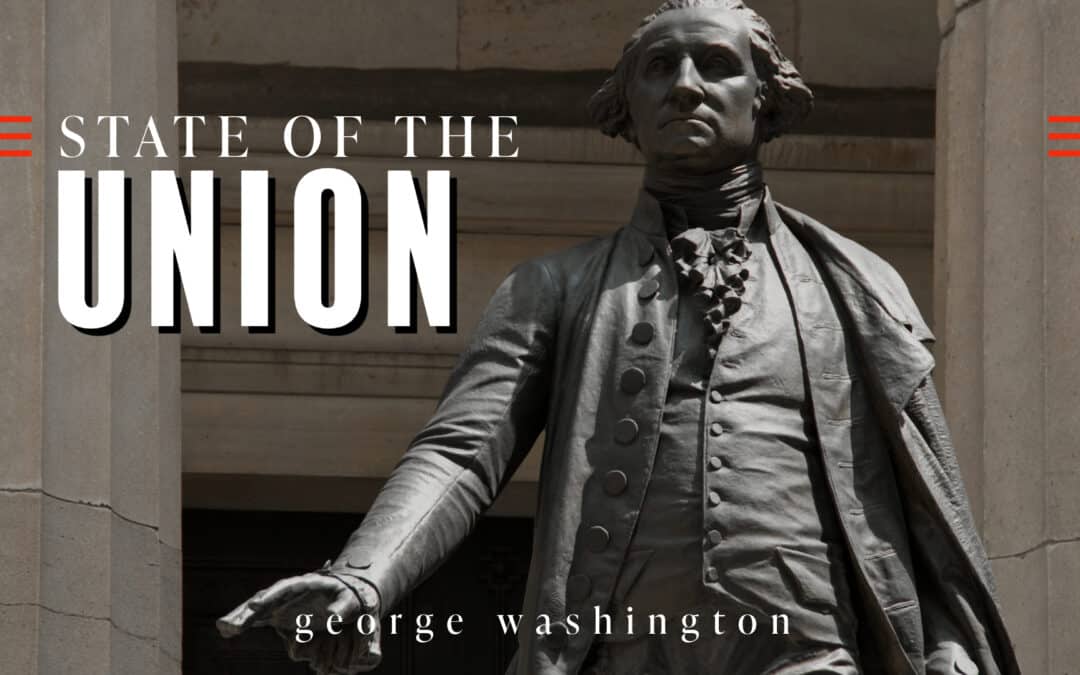
George Washington’s First “State of the Union,” Building a Foundation for the Young Republic
On January 8, 1790, President George Washington walked into the Senate chamber of Federal Hall in New York City to deliver his first Annual Message to Congress – what we would now call the first State of the Union Address. His remarks were concise, rooted in the...